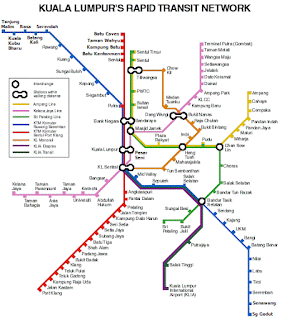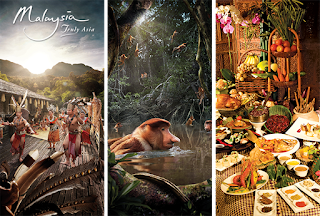Malaysia’s Land Public Transportation Commision (SPAD) said today in a statement that it plans to push through reforms to the taxi industry, which also covers ride-hailing companies like Uber and Gracar.
If the Malaysian government indeed finalizes the laws, it could end the legal limbo the US startup and its major local competitor Grab have found themselves in.In SPAD’s release, it said the regulations will require “e-hailing” companies to be incorporated in Malaysia and that drivers will need a “Drivers’ Card” issued by SPAD. The set of regulations has been approved by the Cabinet, though it’s still pending Parliamentary approval.
Uber already operates in Malaysian cities Kuala Lumpur, Penang, Johor Bahru, Ipoh and Kota Kinabalu. An Uber spokesperson said the positive development encourages it to launch in more places.
Like in most parts of the world, the rise of ride-hailing companies has caused regulators in Malaysia significant headache, because the model is unlike previously known forms of public transportation.
Ever since its launch in Kuala Lumpur in 2013, Uber has been embroiled in clashes with authorities.












